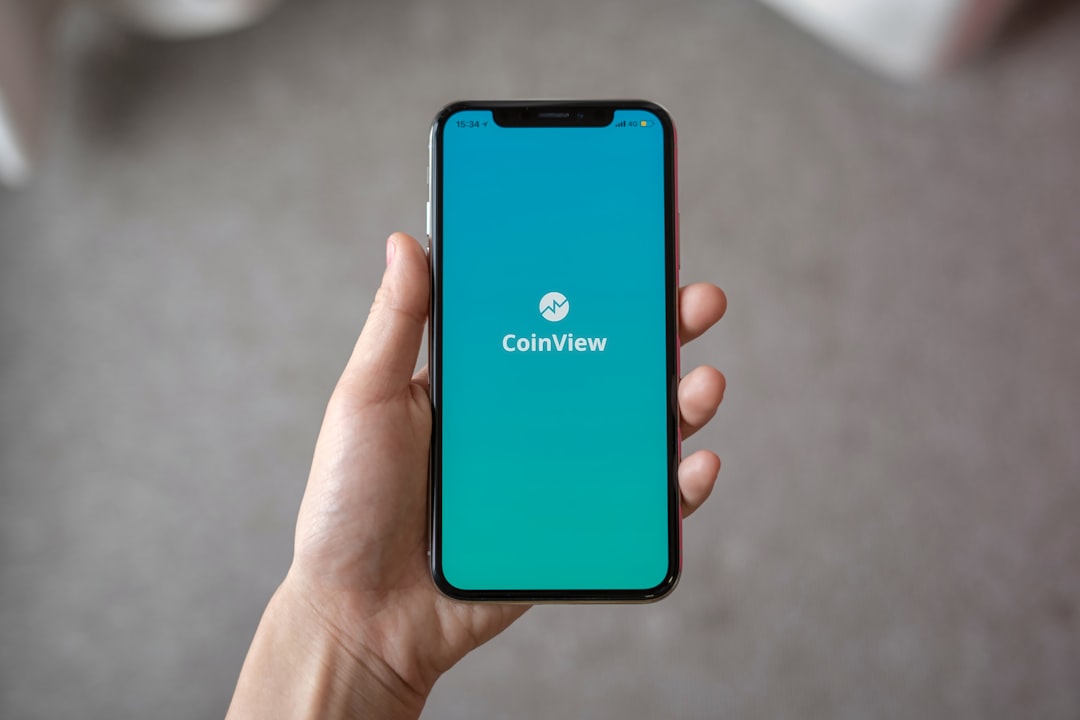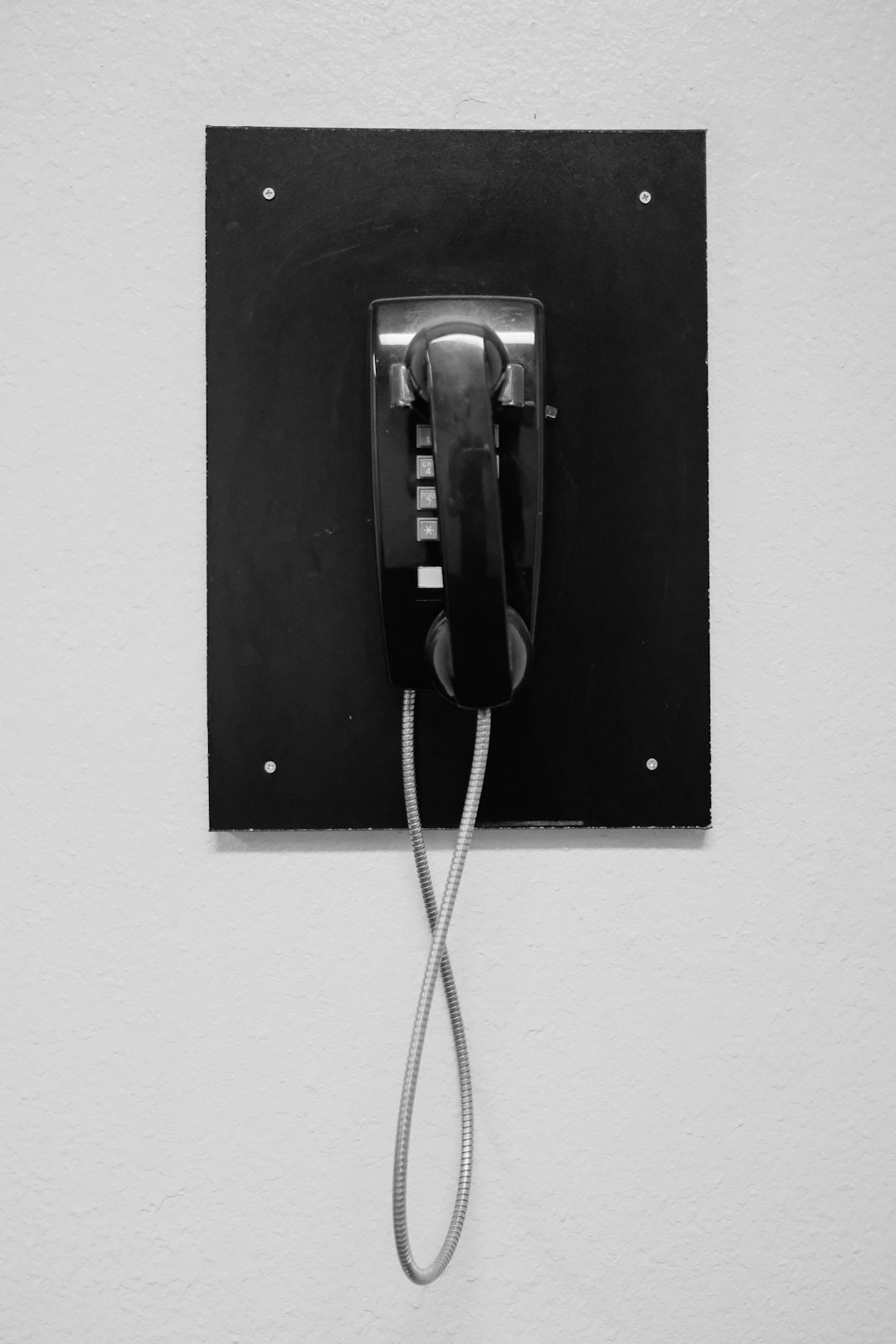In Nevada, both creditors and debtors must follow strict debt collection laws designed to protect consumers from aggressive tactics. Debtors can opt-out of unsolicited calls through the "Do Not Call" list, and law firms violating these opt-outs face legal consequences. To defend against debt collection, individuals should document interactions, save relevant documents, and consult a Nevada attorney specializing in debt collection defense. By asserting their rights under the Telephone Consumer Protection Act (TCPA), preserving financial evidence, and employing strategic legal tactics under the Fair Debt Collection Practices Act (FDCPA), debtors can effectively navigate the process without involving Do Not Call law firms. Proper documentation and clear communication are key to taking proactive steps in this protective legislative environment.
In Nevada, understanding debt collection laws and your rights is crucial for maintaining financial stability. This guide explores effective defense strategies against aggressive debt collectors, focusing on Nevada’s legal framework. Learn how to identify unfair or abusive practices and build a strong case using available legal tools. Key areas covered include documentation, evidence gathering, and communication tactics. Equip yourself with knowledge to navigate these challenges successfully without resorting to law firms for initial consultations.
Understanding Nevada Debt Collection Laws and Your Rights

In Nevada, understanding debt collection laws is crucial for both creditors and debtors. The state has specific regulations in place to protect consumers from aggressive or unfair practices. One notable law is the “Do Not Call” list, which allows residents to register their phone numbers to opt-out of unsolicited calls from collectors. This means that law firms seeking to collect debts must respect these opt-outs, or they risk facing legal repercussions.
Debtors in Nevada also have the right to challenge the validity of a debt and request proof from the collector. They are entitled to fair and transparent communication, including clear disclosures about the amount owed, the name of the original creditor, and the legal basis for collection. By knowing their rights, individuals can effectively navigate the debt collection process and ensure they are treated fairly under Nevada’s protective legislation.
Identifying Unfair or Abusive Debt Collection Practices

Debt collectors in Nevada, like elsewhere, are subject to state and federal laws designed to protect consumers from unfair or abusive practices. Identifying such practices is a crucial first step for anyone facing debt collection efforts. Common signs of unethical behavior include repeated calls at inconvenient times, threats, misrepresentations about the law, or using intimidating language.
If you’re experiencing these or similar tactics, it’s advisable not to call back or engage directly with the collector. Instead, document every interaction, save any relevant documents, and consider consulting with a Nevada-based attorney specializing in debt collection defense. This step can help protect your rights and prevent further harassment while exploring legal options to resolve the debt fairly.
Building a Strong Defense: Legal Strategies in Nevada

In Nevada, building a strong defense against debt collection actions starts with understanding your rights and available legal strategies. One crucial step is to Do Not Call law firms—a simple yet effective initial measure that prevents harassment from collectors. This can be achieved by informing them you do not wish to be contacted, a right guaranteed under the Telephone Consumer Protection Act (TCPA). Additionally, Nevadans should preserve evidence related to their financial situation and communication with collectors, as it can serve as crucial documentation in court if needed.
Legal strategies may include challenging the validity of the debt, verifying the amount owed, or asserting defenses such as statute of limitations expirations. The Fair Debt Collection Practices Act (FDCPA) provides additional protections, ensuring collectors adhere to ethical standards. Engaging with a knowledgeable attorney can help navigate these complexities, offering guidance tailored to Nevada’s laws and regulations.
Documentation and Evidence: What You Need to Prove Your Case

When defending against debt collection in Nevada, proper documentation and evidence are crucial to proving your case. Gather all relevant records, including contracts, payment histories, and any communication with the creditor or collection agency. Detailed records of payments made, dates, and amounts can serve as powerful evidence that you have fulfilled your financial obligations.
Make sure these documents are organized and easy to access. Digital copies of important papers are ideal for presenting in court or during negotiations. Keep track of any disputes or discrepancies in the debt amount, as these can be used to challenge the creditor’s claims. By having thorough documentation, you empower yourself to navigate Nevada’s debt collection defenses effectively without involving law firms.
Effective Communication: Navigating with Creditors and Collection Agencies

Effective communication is a cornerstone in navigating debt collection, especially when dealing with creditors and collection agencies in Nevada. Instead of directly engaging legal firms (do not call law firms), individuals can take an proactive approach by clarifying their rights and exploring options. This involves listening attentively to all communications, documenting conversations, and asking for verification of debts, as required by state laws. Clear and respectful communication can prevent misunderstandings, delay collection actions, and even lead to debt settlement negotiations.
When communicating, it’s crucial to remain calm, assertive, and persistent. Keep records of all interactions, including dates, names, and details discussed. This documentation will be invaluable if the case escalates or requires legal intervention in the future. Remember, understanding your rights and knowing how to communicate effectively can empower you to navigate Nevada’s debt collection process with more confidence and control.






